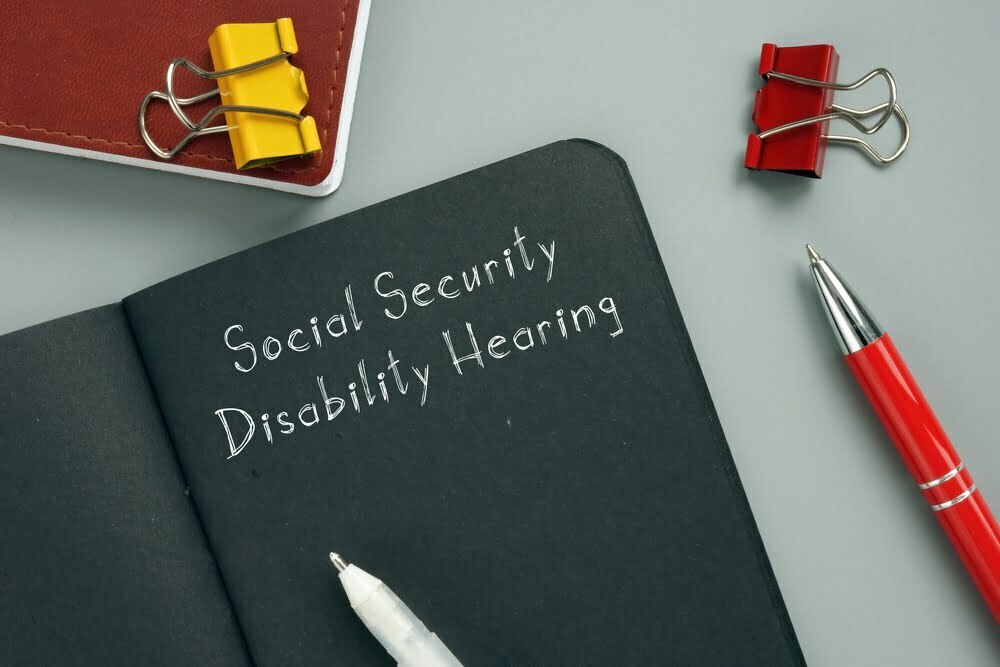I am currently working on a federal court case in which my client completed 8th grade but believes that she really only has an education at the 3rd or 4th grade level. She claims that the teachers just passed her along to the next grade to get her out of their class. The issue of education arises in Social Security Disability cases as a vocational factor – when Social Security has already determined that you cannot perform your past work but is considering what other kind of work you can do.
Social Security’s method for evaluating education is found in 20 C.F.R. Section 404.1564. They understand that if a long time has passed since you have received your education, the skills and knowledge you obtained may no longer be useful. They will use a person’s numerical grade level to determine educational abilities unless there is evidence to contradict it. So, for example, in my case it will be important to look at the school records and determine whether my client actually passed any of the classes she was taking or was absent or tardy so much such that she was not there and thus could not have learned the material despite the fact that she was passed. Also, it will be important to check if she was in special education classes while she was in school.
Generally speaking, the higher the education level, the more you can do. If you have a high school education which is defined as 12th grade or higher, Social Security will determine that you can perform semi-skilled through skilled work.
If you have a limited education, defined as education from the 7th grade through the 11th grade, Social Security will determine that you can perform most of the complex job duties needed in semi-skilled and skilled work.
If you have a marginal education, defined as education up to the 6th grade, Social Security will determine that you can perform simple, unskilled jobs. Thus, all semi-skilled and skilled work is precluded.
Social Security will consider someone illiterate if they cannot read or write. They will consider a person illiterate if they cannot read or write a simple message such as instructions or an inventory list even though they can sign their name. Generally an illiterate person has had little or no formal schooling.
Social Security will also consider whether a person can communicate in English at all, as a vocational factor. Because English is the dominant language of our country, it may be difficult for someone to work, even though they are fluent in another language.
If you have anything less than a 12th grade education, it is useful to order your school records even though you may have completed school a long time ago. Educational institutions keep them and it is possible to obtain them. Social Security will not order your records for you. You must obtain them and submit them. They may help in showing that you are limited in the type of work that you are able to perform.

Know Your Rights
We are receiving many calls from frightened people due to the rhetoric they are hearing from President Trump and members of his Cabinet. Everyone is scared, even those people who have legal status. Rumors are flying around of ICE raids, numerous arrests, and mass deportations. More now than ever, it




